COVID19
FDA warns J&J COVID-19 vaccine related to rare autoimmune disorder
J&J’s COVID-19 vaccine poses an increased risk of a rare neurological disorder in the six weeks after inoculation, warns the US Food and Drug Administration. The FDA classified the chances of getting Guillain-Barre syndrome (GBS) after vaccination as being “very low”, but urged J&J vaccine recipients to seek medical attention if they have symptoms including weakness or tingling sensations, difficulty walking or difficulty with facial movements.
GBS occurs when the body’s immune system mistakenly attacks some of its nerve cells, causing muscle weakness and sometimes paralysis that typically is temporary. An estimated 3,000 to 6,000 people develop the syndrome each year. It can also be triggered by a number of infections, including flu, cytomegalovirus and Zika virus. But there have been rare cases in which people develop the disorder days or weeks after receiving certain vaccines.
The Centres for Disease Control and Prevention (CDC), in a statement, said it has received reports of 100 people who got the shot developing GBS. That number represents a tiny fraction of the nearly 13 million Americans who have received the one-dose vaccine. Most cases of the side effects were reported in men, many 50 years old and up, and usually about two weeks after vaccination. The CDC said it would ask its panel of outside vaccine experts to review the issue at an upcoming meeting. The CDC and FDA have been monitoring the side effects reports submitted by physicians, drug makers and patients to a federal safety database.
Also Read: Aquaconnect raises USD 4 mn in pre-Series A round led by Rebright Partners and Flourish Ventures
J&J, in a statement, said it was in discussion with regulators about the cases of GBS. It said the rate of GBS in J&J vaccine recipients exceeds the background rate only by a small degree. The latest warning comes as another setback for the J&J shot, which was supposed to be an important tool for vaccinating in hard-to-reach areas and among those hesitant to be vaccinated because it requires only one shot and less stringent storage requirements than the Pfizer or Moderna vaccines. Earlier, the vaccine had linked to a very rare, potentially life threatening blood clotting condition and slowed by production problems at the main plant where it is being made.
However, in April, US regulators decided that the vaccine’s benefits outweighed the risk from the blood clotting issue.


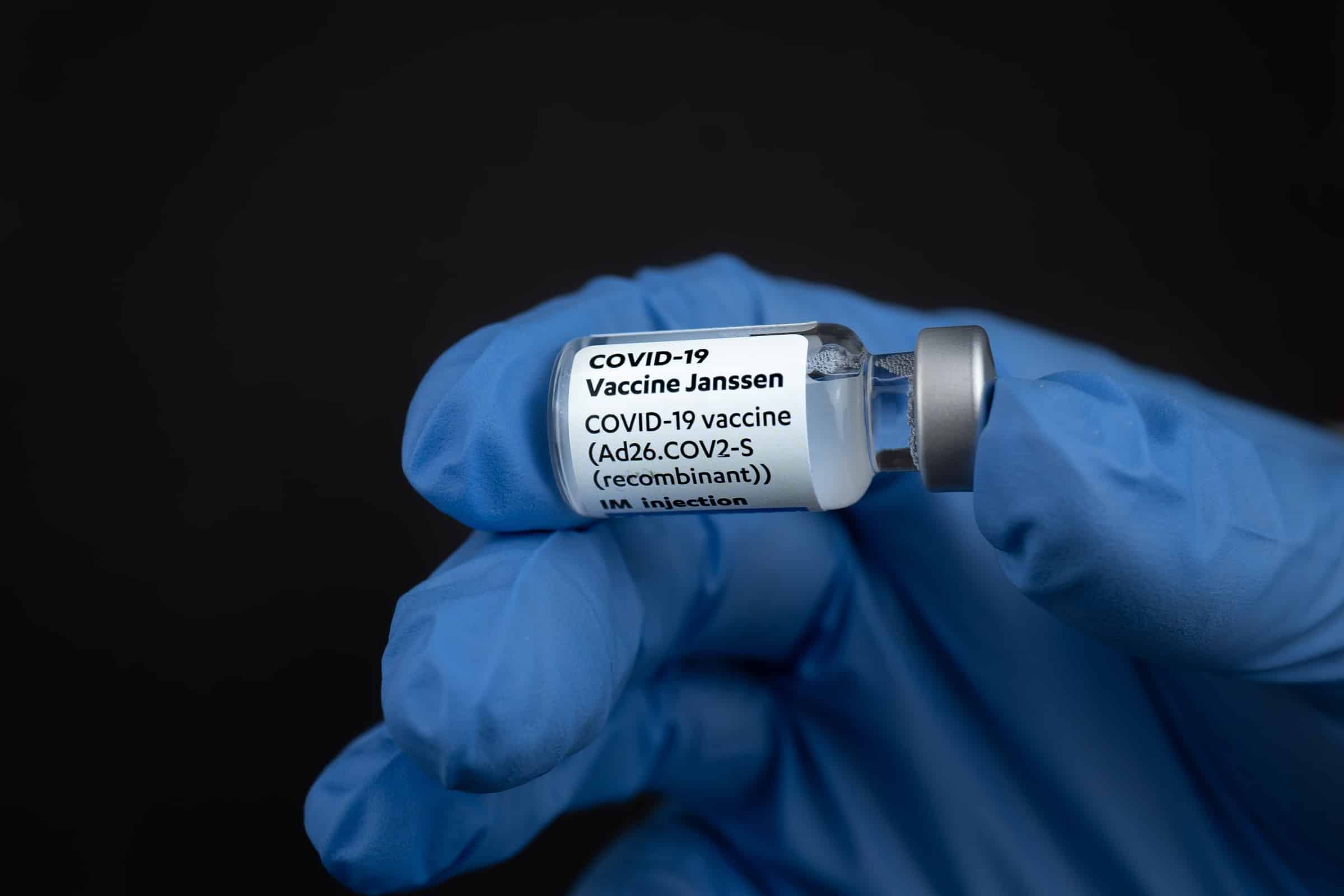


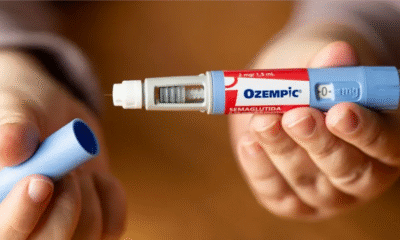
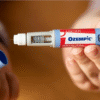








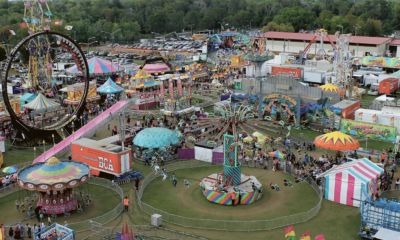
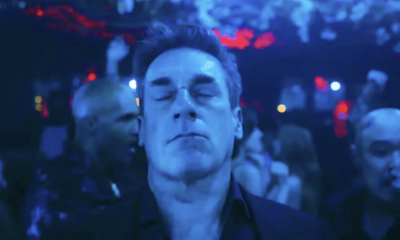


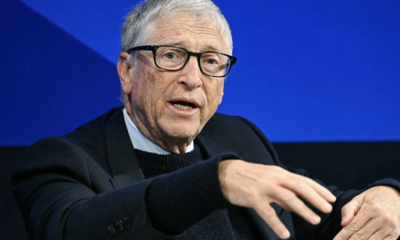























Pingback: The Indian advertising market will recover to pre-COVID levels by 2022.